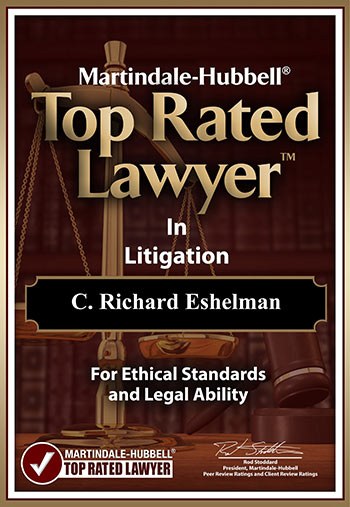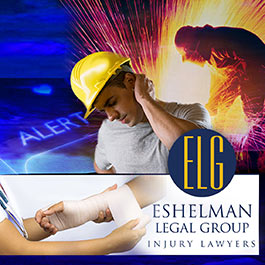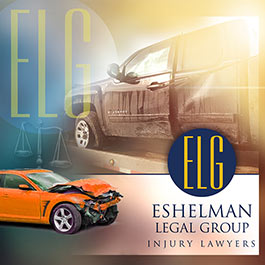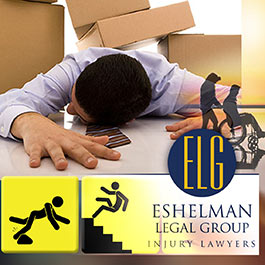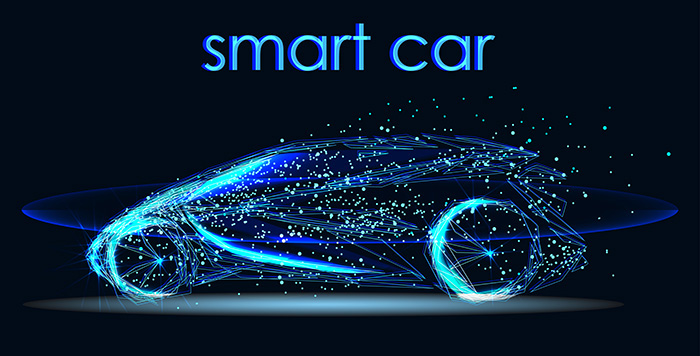
Will Driving Be Safer in the Future?
We believe that driving will be safer in the future with new technology. We have all seen the addition of air bags in vehicles along with road assist sensors. The statistics are showing a reduction in car accidents and related injuries as a result of this new technology.
5G - Fifth Generation of Technology
Lets explain the "G's"
Going back to the first wireless telephone and it's "voice only capabilities", you now have "1G" or "First Generation" of the cellular telephone technology.
The next feature that was added to voice only was the ability to send a text message. To enable text messaging cellular phones went from analog to digital with faster speeds plus other enhancements. This was now called 2G technology or Second Generation.
Next came even faster speeds, more bandwidth along with other improvements and this allowed for the capability to watch videos on your hand-held device. We now called these devices Smart-phones and the technology was called 3G or Third Generation.
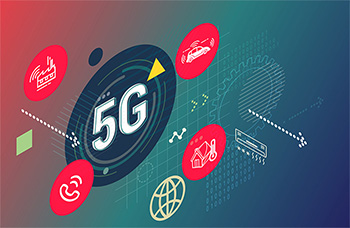
Next of course is 4G which is what we are currently using in 2019. However, all this is about to change once again. 4G or Fourth Generation is considered high speed, better security, better battery life and more. With 4G technology we can do almost anything with little lag time. If you ever sent an email with your current smart phone you will notice it takes a little time for the other person to receive it. This is the lag time or latency. There is a slight delay in the completion of this activity. But, we accept this and it is still rather fast.
Now comes 5G. 5G or Fifth Generation is much faster that 4G. With 5G there is practically no latency or delay. Actually, there is a very minor delay but it is so minor that we can't even detect it. The sending of an email, text message or watching a video will seem like real time. 5G technology will be able to transfer data much faster that 4G. With this capability, autonomous or self driving vehicles will actually become a realistic option for public transportation. The communication of every safety sensor, lane detection sensors, cameras, active and passive sensors, radar, lidar, ultrasonic sensors, GPS, high definition interactive maps, vehicle to everything communication, all these will be able to communicate with each other in basically real time. This is a major breakthrough for autonomous vehicles and can only be achieved with 5G technology.
There is always the what if side to every situation. What if something stops working? Well, of course something can fail. Anything we make or manufacturer has an operation life and eventually will start to malfunction or fail. Parts will need monitored and replaced. 5G technology itself has several draw-backs. The signal cannot go long distances as in 4G. 5G needs to have many more cell towers with transmitters. Plus, the 5G signal can be somewhat blocked. The 5G signal can be blocked all or in part by a building, a tree or other obstructions. So with the shorter transmitted signal and the possibility of a blocked signal, 5G needs to have many more transmission towers and redundancy. You do not want a broken connection with any of your safety sensors, GPS etc., because of a bridge, a tree or a building.
Next, as we all know, equipment can fail. A sensor can quit working. Dirt, salt, moisture, temperatures can all contribute to a part failure. How will your vehicle perform if one of the many sensors fails? Will the vehicle stop and become inoperable? Would you be allowed legally to operate an autonomous vehicle with one sensor not working? How often would the vehicle need to be inspected? Will car insurance be cheaper for an autonomous vehicle? We currently do not have answers to all these questions.
Even though it seems autonomous vehicles are just around the corner, there are still many things that need to be addressed. Yes, the technology is amazing. The concept of applying the new technology to improve vehicle safety is noble. Will we get there, I believe we will. The world is changing and technology is moving fast. With the help of 5G technology, we will be able to get the rest of this story a lot faster!
Call: 1-800-365-0001
The Eshelman Legal Group
The attorneys at the Eshelman Legal Group understand that no matter how cautious you are, others may not be so careful, and accidents do happen. So we hope you don’t need to, but if you are in a situation where you need the advice of an personal injury attorney, the Eshelman Legal Group is here to help you. For over 40 years we have been assisting accident victims, and we are here to assist you too... because “We’ll make things right.”
Ask yourself this question… who does the adjuster work for? The adjuster works for the insurance company, they do not work for you.
In all matters involving personal injury it is essential that measures be taken promptly to preserve evidence, investigate the accident in question, and file a lawsuit prior to the deadline imposed by the Statute of Limitations. If you or a loved one is a victim of personal injuries, call Eshelman Legal Group LLC, now at 1-800-365-0001. The initial consultation is free of charge, and if we agree to accept your case, we will work on a Contingent Fee basis, which means we get paid for our services only if there is a monetary award or recovery of funds. Don’t delay! You may have a valid claim and be entitled to compensation for your injuries, but a lawsuit must be filed before the statute of limitations expires. The above is not legal advice. That can only come from a qualified attorney who is familiar with all the facts and circumstances of a particular, specific case and the relevant law. See Terms of Use.


